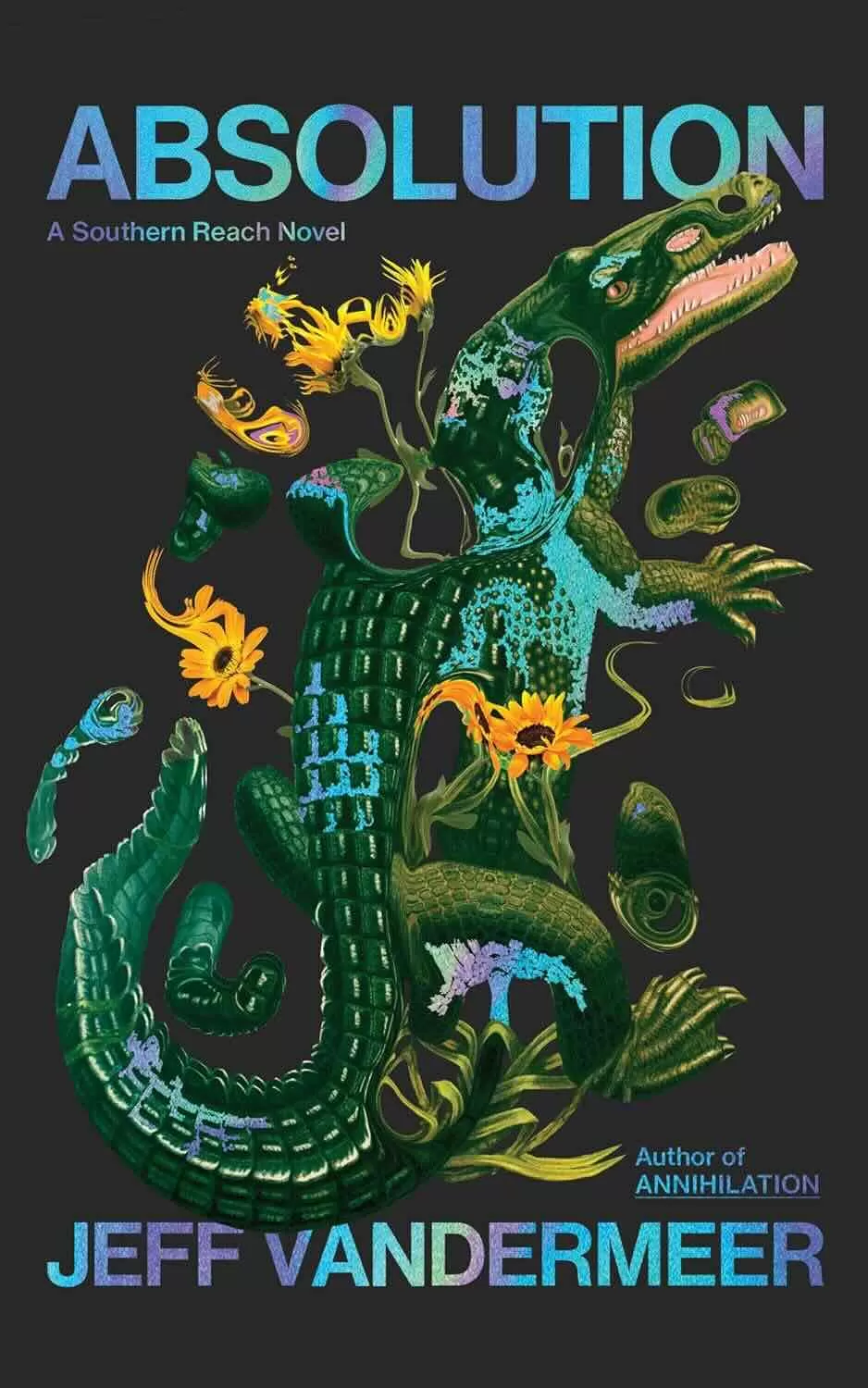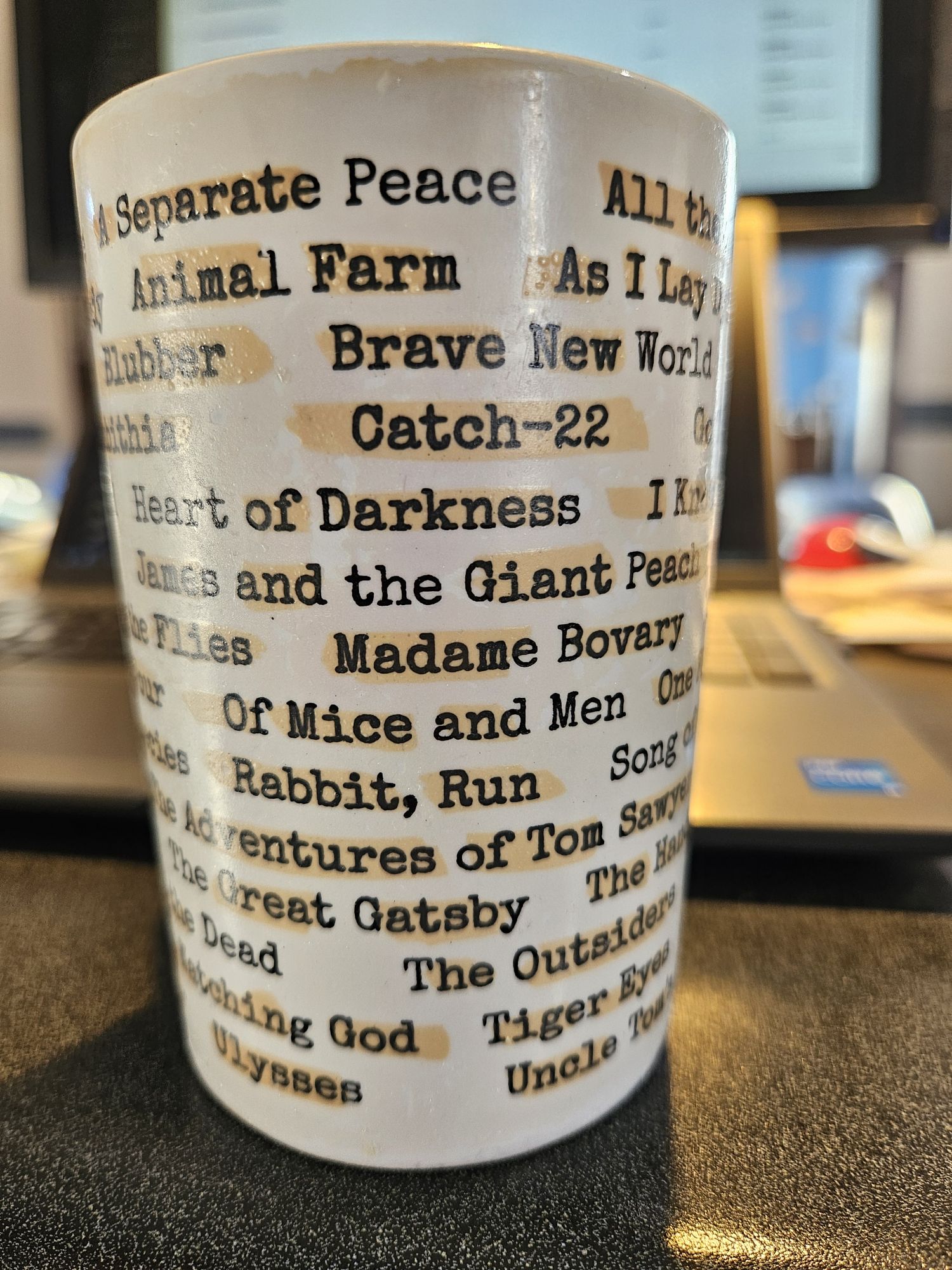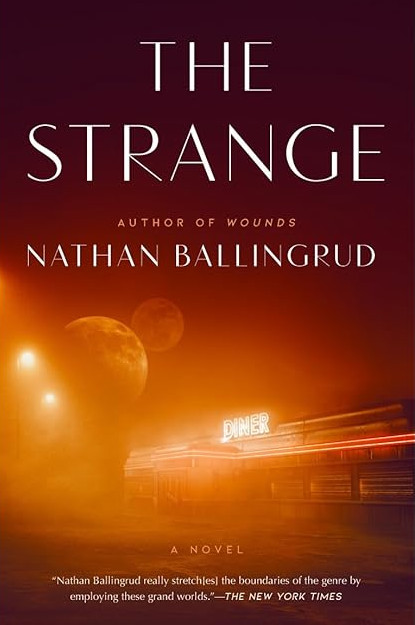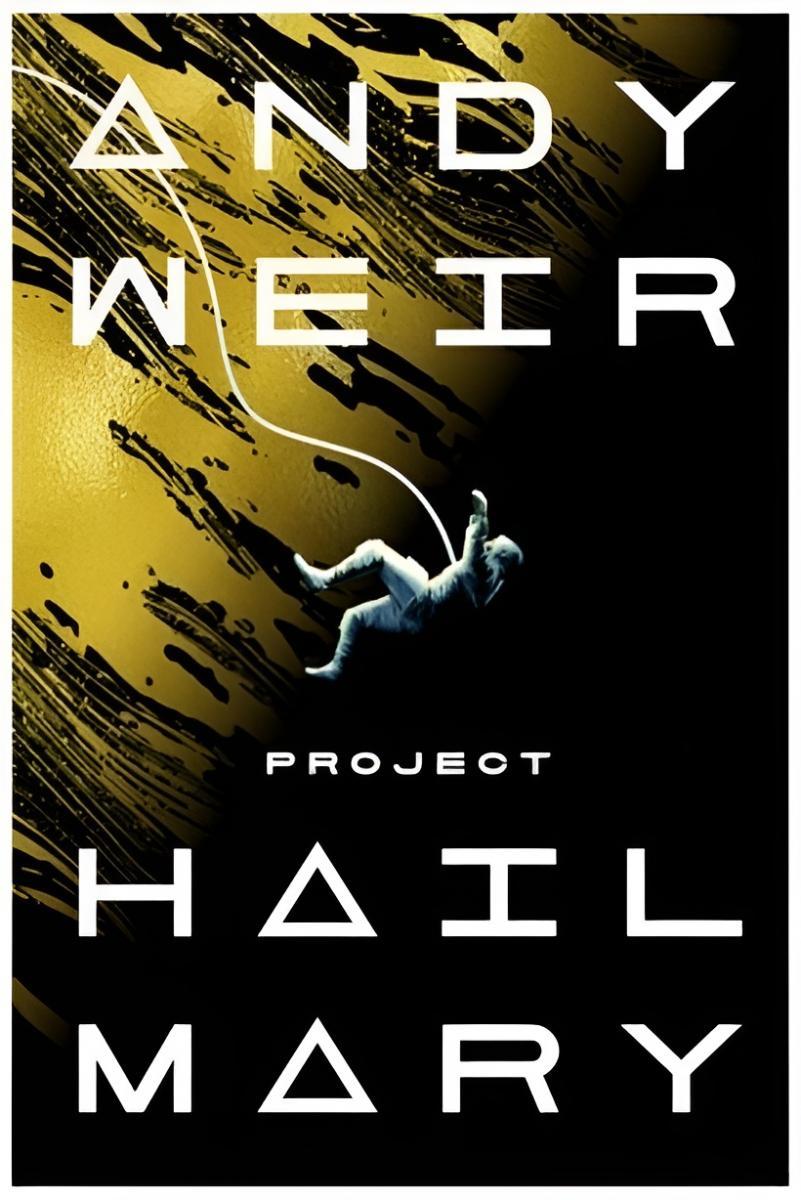
About 10 years ago I checked Jeff Vandermeer’s novel Annihilation out of my local library. It was a short, weird story about the twelfth expedition into a deeply weird place called Area X.
Area X is a section of Florida, the Forgotten Coast, where something has changed. Lifeforms are modified, sometimes merged, sometimes wholly remade; ghosts and doppelgängers appear, both in Area X and back in the normal world; time seems to move in different ways once you’ve crossed the border. There’s a tower that descends into the ground and a lighthouse that I’m not sure anyone wants to go near. Annihilation was a dreamlike experience, with the caveat that nightmares are also dreams.
Having read the first book, I read the sequels too: Authority is the story of a man code-named Control, who is sent from Central to the Southern Reach—the shadowy government entity that supervises explorations of Area X—to try to get the place back under, well, control. It’s a spy thriller with a soupçon of body horror and weird, in its own way, as Annihilation. The third book, Acceptance, merges and extends the first two: Control is now inside Area X, with someone who might or might not be the biologist whose POV dominated Annihilation, while other chapters give us some insight into the formation of Area X.
Now, ten years later, Vandermeer has written a fourth novel in the series, a prequel and capstone: Absolution. And it’s good.
It’s essentially three novellas, interwoven together. The first one is an exploration of the Forgotten Coast, twenty years before Area X formed, filtered through a one-time Central operative named Old Jim as he reads decades-old reports. Part two, eighteen months before the border comes down, has Old Jim in the field, now with a young partner posing as his estranged daughter, working as a dive-bar manager and digging deeper into the interlocking weirdnesses happening on the Forgotten Coast. The third section is the story of the very first expedition to Area X, from the point of view of Lowry, who eventually becomes the director of the Southern Reach.
Absolution is a wild ride through a burgeoning apocalypse, and it carries the same sense of dread I got from the extant trilogy: This will not end well. There are numerous callbacks to the first three books, and while some mysteries might end up resolved, plenty more question are raised than are answered. A great many questions may well be unanswerable.
If you’re looking for everything to be neatly tied up at the end, this isn’t the book for you, isn’t the series for you. If you’re looking for a spy thriller, an existential threat to the human race, a bunch of body horror, and a stunning number of F‑bombs, you’ll probably enjoy this one. (You’ll probably want to read the first three books first, though.)
I look forward to re-reading the whole saga in a few years.









